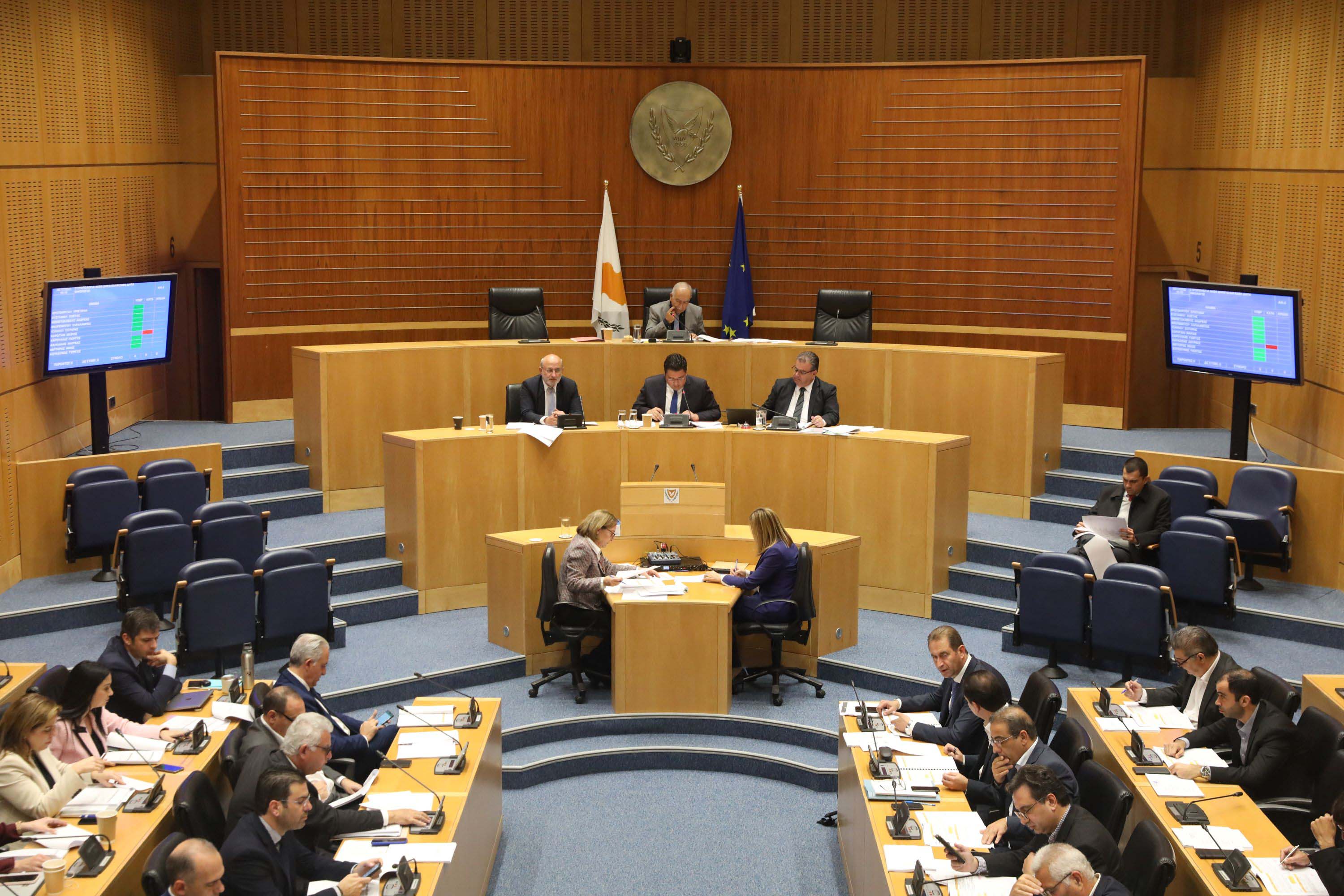The House of Representatives on Thursday voted to end the ‘hiring freeze’ on vacated permanent positions in the public sector, reversing a policy instituted twelve years ago.
The repeal act of 2025 ends the formal prohibition on filling up full-time vacated positions in the civil service and the broader public sector.
The hiring freeze had been put in place in 2013 to rein in spending in the wake of the financial crisis.
Since 2013, whenever the government had wanted to hire people for first-appointment permanent positions left vacant, it had to come to parliament and ask for the ‘unfreezing’ on a case-by-case basis.
Critics of the policy cited two main issues: delays in filling up positions in the public sector, and at the same time a steep rise in the hiring of temps to get around the restrictions.
According to data cited by the finance ministry on Thursday, the total number of approved full-time positions in the 2025 state budget comes to 38,803. Of these, 26,516 concern first-appointment positions. The vacant first-appointment positions number 3,326.
Akel MP Andreas Kafkalias said ending the hiring freeze is a positive overall, since the alternative was to bring in temps as well as employ people from the private sector on a contract basis, which cost more.
Elam’s Sotiris Ioannou remarked that the repeal act abolishes the “sins of the troika”. He was alluding to the troika of international lenders – the European Commission, the International Monetary Fund and the European Central Bank – which in 2013 struck a bailout agreement with Cyprus.
Ioannou said that the positions now being unlocked won’t be “new positions” but rather jobs that had been left vacant due to retirements.
For her part, Diko MP Christiana Erotokritou stated that, with the hiring freeze over, no government department can now claim it’s understaffed.
She pointed out that, between 2016 and 2021, some 8,000 temps had been hired in the public sector.
Disy’s Harris Georgiades warned of an impending “inflating of the public sector” both in size and payroll.
By 2027, he asserted, the annual public sector wage bill would be €2 billion higher than what the present government inherited in 2023.







Click here to change your cookie preferences